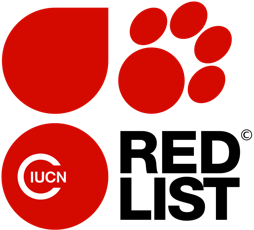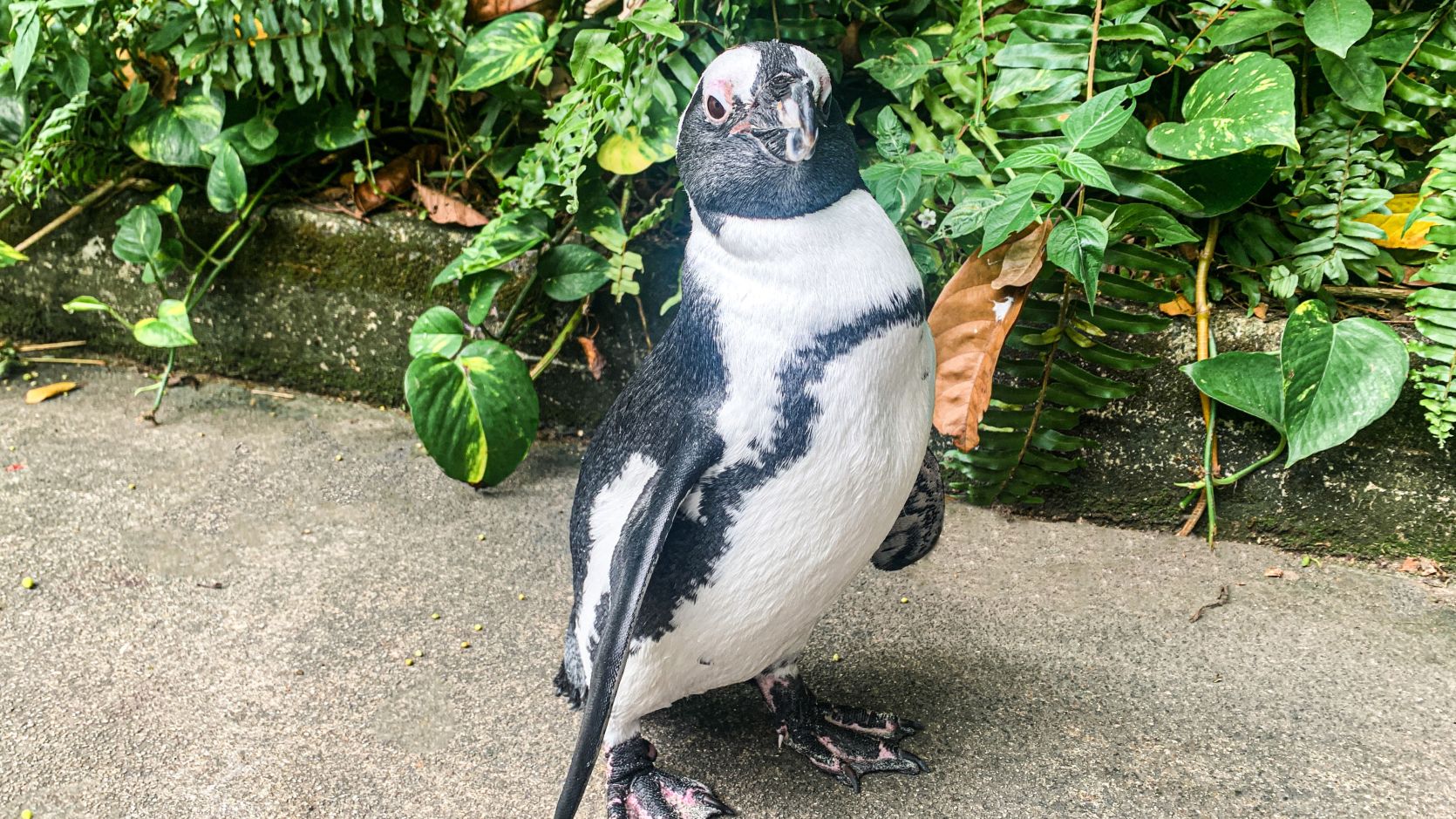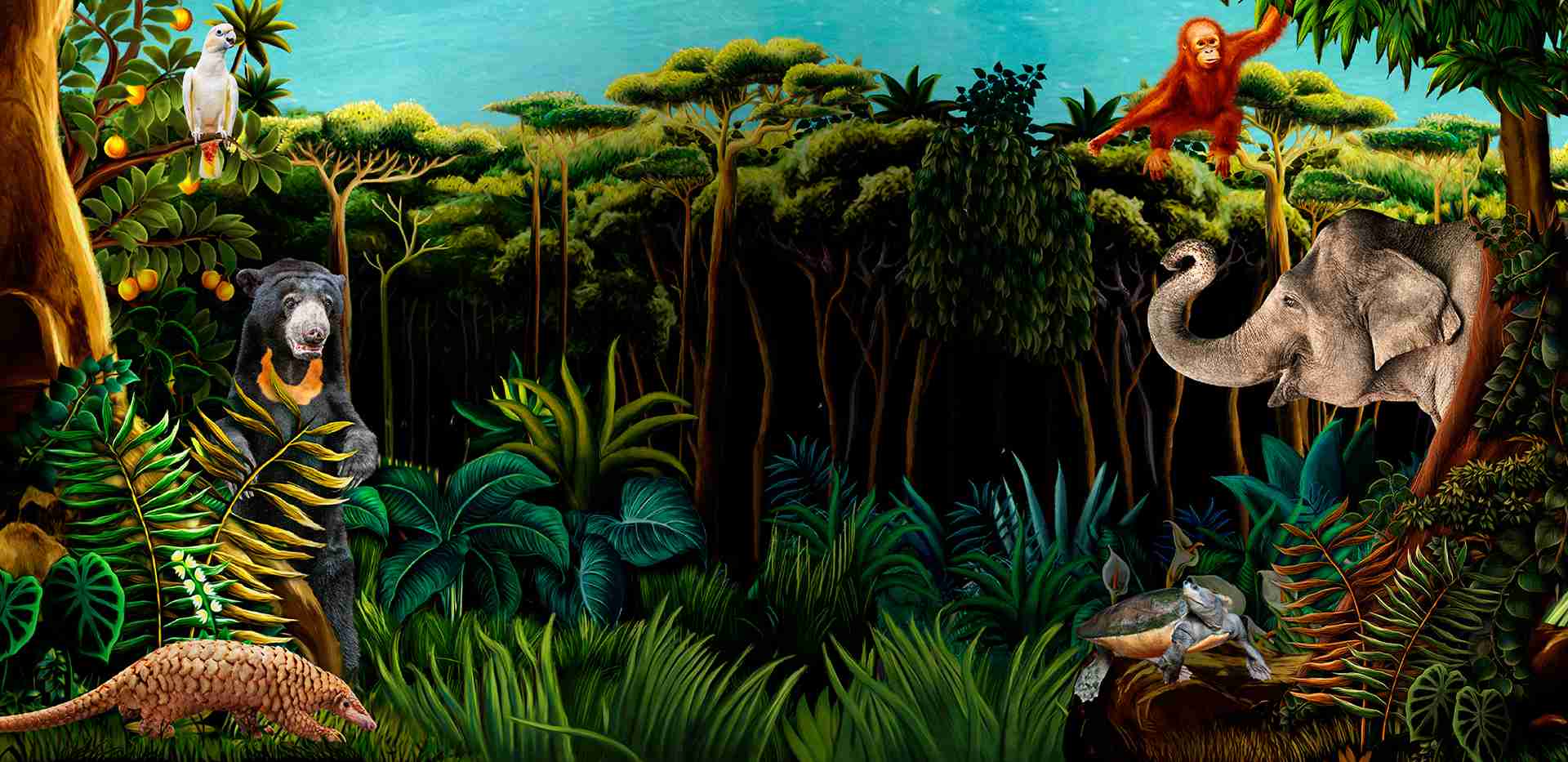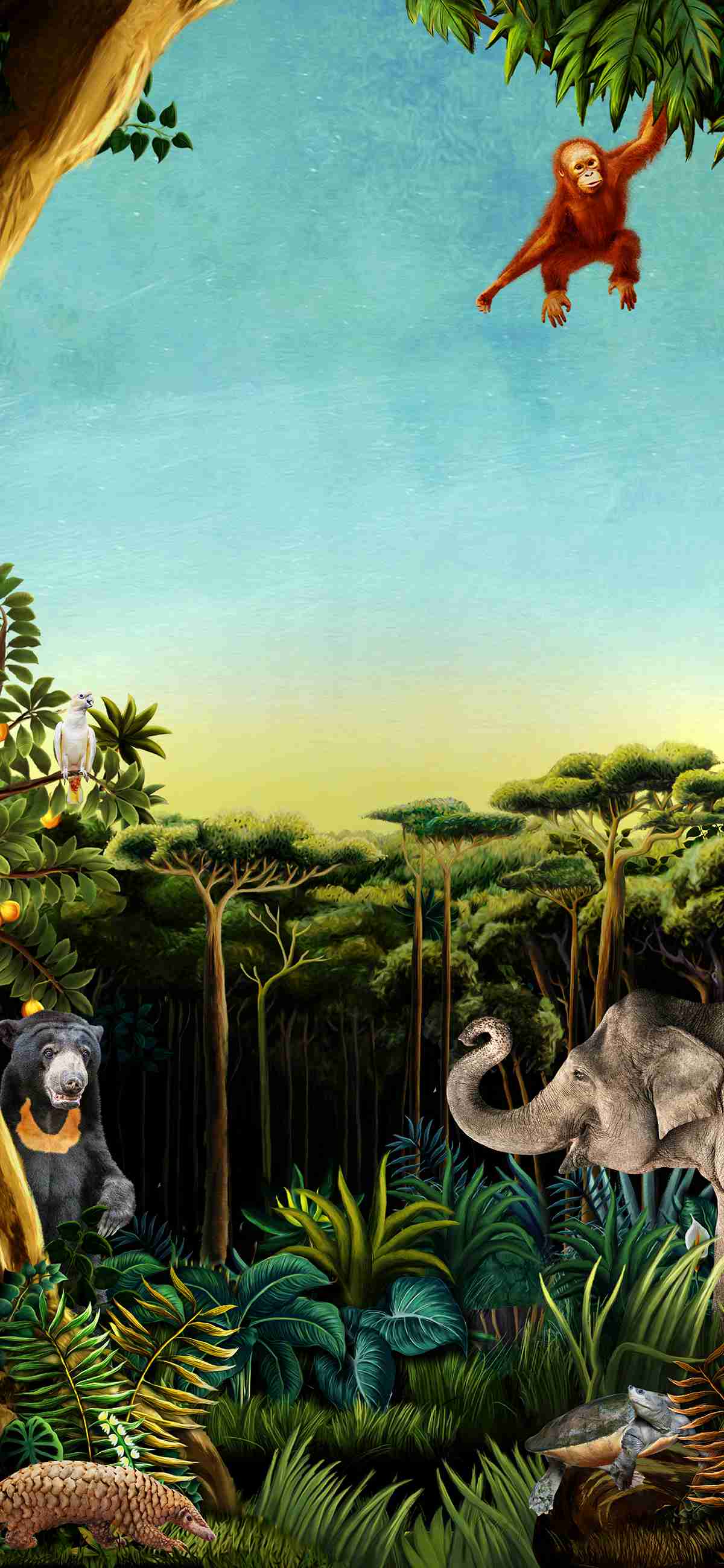Lifespan15–20 years in the wild and up to 40 years in captivity
Quick facts


DietSardines, anchovies, gobies and herring

HabitatSea cliffs, shorelines, beaches and rocky offshore islands

RangeCoasts & islands of southern Africa
The African penguins
Together, we protect wildlife
Adopt an Animal
Bella
African Penguin
Bella is a curious penguin whose affectionate nature endears her to many.
She loves to explore new ground by foot and occasionally when her keepers feel like spoiling her, they pull her around on a wagon.











